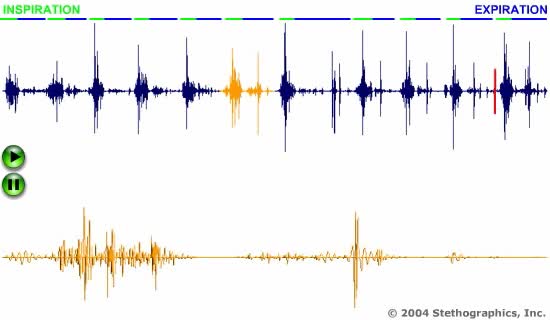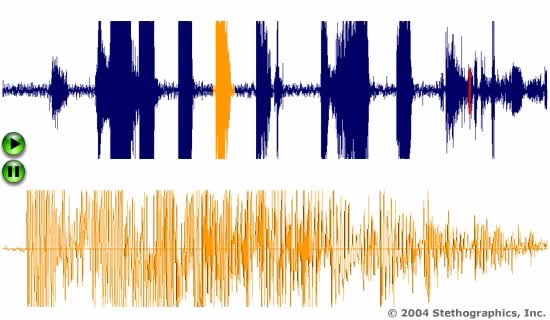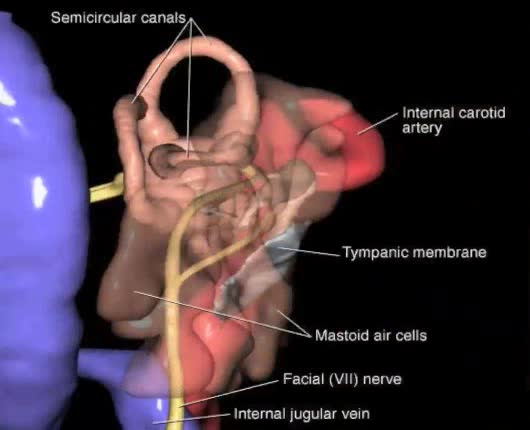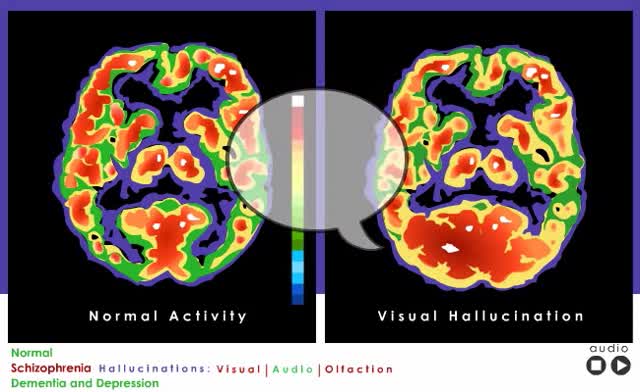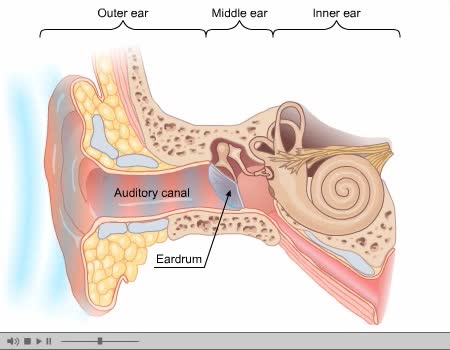Search Results
Results for: 'Ear'
By: Administrator, Views: 435
Mammography (also called mastography) is the process of using low-energy X-rays (usually around 30 kVp) to examine the human breast for diagnosis and screening. The goal of mammography is the early detection of breast cancer, typically through detection of characteristic masses or microcalcificat...
By: Administrator, Views: 15132
Angina is a type of chest pain caused by reduced blood flow to the heart. Angina (an-JIE-nuh or AN-juh-nuh) is a symptom of coronary artery disease. Angina, which may also be called angina pectoris, is often described as squeezing, pressure, heaviness, tightness or pain in your chest.
Lung Sounds Animation (2 of 5)
By: Administrator, Views: 430
Respiratory rates for some different age groups: Newborn 30 – 80/min 1st year 20 – 40/min 5th year 20 – 25/min 15th year 15 – 20/min Adult 12 – 20/min
Lung Sounds Animation (4 of 5)
By: Administrator, Views: 412
Respiratory rate is regulated by the respiratory center located in the medulla oblongata. Respiratory rates for some different age groups: Newborn 30 – 80/min 1st year 20 – 40/min 5th year 20 – 25/min 15th year 15 – 20/min Adult 12 – 20/min
By: Administrator, Views: 14930
Carpal tunnel syndrome is numbness, tingling, weakness, and other problems in your hand because of pressure on the median nerve in your wrist. The median nerve and several tendons run from your forearm to your hand through a small space in your wrist called the carpal tunnel.
By: Administrator, Views: 16333
The ear is generally described as having three distinct divisions, each with distinct functions: External ear Middle ear Inner ear The ear contains structures for both the sense of hearing and the sense of balance. Eighth cranial nerve: Also called the acoustic or auditory nerve. Carries...
By: Administrator, Views: 14926
Positron Emission Tomography (PET) Computer-based nuclear imaging procedure that can produce three-dimensional pictures of actual organ functioning. Ultrasonography, Brain Use of high-frequency sound waves to record echoes on an oscilloscope and film.
By: Administrator, Views: 14812
The ear is the organ of hearing and, in mammals, balance. In mammals, the ear is usually described as having three parts—the outer ear, the middle ear and the inner ear. The outer ear consists of the pinna and the ear canal. Since the outer ear is the only visible portion of the ear in most ani...
Labor and Delivery - Infant Cord Apgar
By: Administrator, Views: 514
As soon as your baby is born, a delivery nurse will set one timer for one minute and another for five minutes. When each of these time periods is up, a nurse or physician will give your baby her first "tests," called Apgars. This scoring system (named after its creator, Virginia Apgar) helps t...
Advertisement





